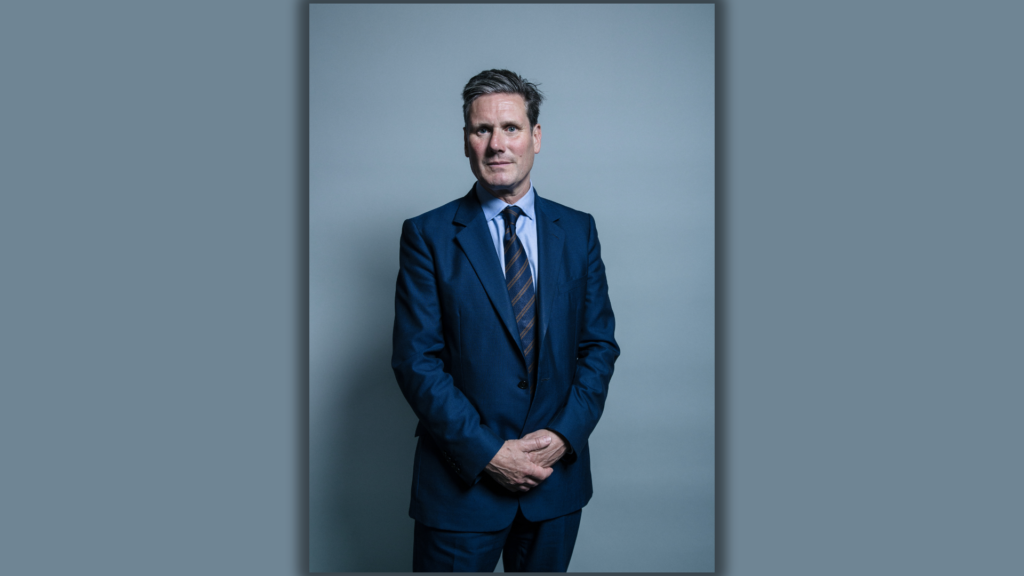At the start of the week the far-right in France seemed set to win the first round of the election called by Emanuel Macron after he suffered a shattering defeat in elections for the European Parliament last month. Geert Wilders and his Party for Freedom (PVV) have become the largest party in the Dutch parliament. The right is making advances across Europe and have made electoral gains in Portugal, Germany and Spain. Victor Orban is in charge of Hungary, Erdogan in Turkey and both have made constitutional changes to ensure that they stay in power. Then there’s Donald Trump!
It seems that there is a move to the right across the globe with leaders such as Putin, Modi and Milei in control and planning to stay there.
The success of right-wing popularism and neoliberal economics seems unstoppable and likely to continue. This raises serious dangers for the climate, just as it does for inequality. It is a challenge for feminism, gay rights and the way in which migrants are treated. Already in France there is a reported rise in racist attacks which have taken place since the victory of the far-right last weekend.
On July 4 the UK went in the opposite direction. The Conservative government, who had been in power for the previous fourteen years, were roundly beaten by the Labour Party. There was an increase in the vote for Nigel Farage and his right-wing Reform Party, but this came almost entirely at the expense of the Conservatives, who now lie in a very poor electoral position.
Why has this happened? Why, when large numbers of other countries seem to be lurching to the right, has Britain moved against the trend? The answer to this is simple. Britain has just undergone fourteen years of, sometimes chaotic, right-wing government and despite trying to change the system to maintain power, people have shown how much they dislike the experience.
The Conservatives came to power in 2010 when David Cameron became Prime Minister. Following the Global Financial Crisis, Cameron was elected on a platform of tight fiscal control and initiated a period of austerity which has continued to the present day.
This austerity has led to benefits being cut. It has led to local authorities, who provide most of the public services within the UK having their budgets reduced by 50%. The result of this is that not only has household income declined, but so have services such as education, health and spending on roads and public facilities. In the past fourteen years 800 libraries have closed and 1,000 public swimming pools.
The spending of almost all government departments was cut and, when it was announced in 2019 that all government departments would receive an increase as the period of austerity was coming to an end, the Institute of Fiscal Studies showed clearly that even after this increase spending of key areas of government provision were still 21% lower than in 2010.
Government economic policy in the UK since the Conservatives were elected has led to increased poverty, increased homelessness and increased misery. Although they have always argued that they are the best managers of the economy, as conservative parties always do, they have clearly failed if the objective was to increase the quality of life of the population.
David Cameron led the Conservatives into government, but only through a coalition with the Liberal Democrats. With their support he introduced an era of austerity, but the compromises he had to make were too much for the right-wing within the party and he made the promise to allow a referendum on membership of the European Union if he gained re-election. He did this because he didn’t actually think he would win the election. It was a short-term political strategy that would come back to bite him.
He won the election and called a referendum which he fully expected would reaffirm Britain’s membership of the EU. It didn’t and Cameron resigned. He was replaced by Theresa May who, although she had campaigned to stay within the EU, then decided to adopt the most extreme stance on applying the results of a referendum which was only narrowly won by the leave campaign. “Brexit means Brexit” she rather meaninglessly said and set about trying to organise Britain’s withdrawal from the Union.
One of May’s problems was that she didn’t actually understand the meaning of the ‘hard Brexit’ she had spoken about. Having squandered her parliamentary majority in a snap election she became dependent on the support of the Democratic Unionist Party from Northern Ireland and realised that there was no clear way in which Northern Ireland could be left trading openly with both the Britain and the Republic of Ireland. Her position could not hold, and she was replaced by Boris Johnson.
Johnson is a proven liar and only 14% of the British public trusted him. Even May thought him ‘morally unfit’ to hold the job of Prime Minister. Even so, Britain’s answer to Donald Trump vowed to remove Britain from the EU with an ‘oven-ready’ deal. Having won an election with that slogan he then, not surprisingly, found that his deal was missing key ingredients. Britain left the EU, but with solutions to major problems still up in the air and only Johnson’s vacillations to guide the country forward.
Having lost the goodwill of huge sections of the population, Covid made things worse. Having hesitated when the crisis started, it became known that during lockdowns the leadership at Number Ten were flouting the rules they had laid down. There is a poignant image of the Queen sitting alone at the funeral of her husband the day after a party had been held for Johnson’s inner circle. 126 penalty notices were issued for those involved – including Johnson – and his popularity, never very great, slumped. In two days, 61 ministers resigned from his government and Johnson was gone.
Astonishingly, Johnson was replaced by Liz Truss. The Conservative Party was running out of candidates, but the Party is made up of 170,000 largely white, male, middle-class and elderly members and the options were becoming limited. Truss, who has tried to sell herself as the media darling of the right-wing across America, appointed Kwasi Kwarteng as her Chancellor and they decided to immediately introduce a ‘mini budget’ which was neoliberalism on steroids. It introduced a cut to the basic rate of tax, abolished the highest rate of income tax and cancel a rise in corporation tax. The cost would be 45 billion pounds. The financial markets panicked, and Truss had to go – after only 49 days in power.
Truss was replaced by Rishi Sunak who had little to offer except statements that the Conservatives were to be trusted with the economy. After the previous twelve years it was a difficult message to deliver and an even harder one to believe. It was difficult for a population, large sections of which had become increasingly poor during the previous years, to hear a message of economic probity from a man who is one of the richest people in politics, having made his money from dealings in the financial markets after the GFC.
Many of the reasons for the failure of the Conservatives in the General Election on July 4 are specific to Britain and to the individuals who have tried to lead them through the past 14 years. However, if one thing has united the Tories, it has been their insistence that neoliberal economic policies will work for the population as a whole and that basic nationalism should be the core of social solidarity. Both premises have been tried and shown to fail. The damage has been and is being felt by millions
Although Keir Starmer’s new government still adopts the ‘neoliberal light’ policies first propounded by Tony Blair, it is in place because, at last, a significant section of the British population has decided that enough is enough. Governments should be there to benefit all of the people and not just those in the top 5%.
Perhaps that is the lesson to be learned from this. Although right-wing parties are making progress in different countries across the world, people will eventually realise that these are not the policies which make for a better and fairer society or a safer world. Fourteen years of might seem to be a long time to wait for change, but change will come.
What is concerning is the damage which could be done in the meantime. Damage to the climate, to international relations, to public welfare and to the future of our children.




1 thought on “Where There’s Hope!”